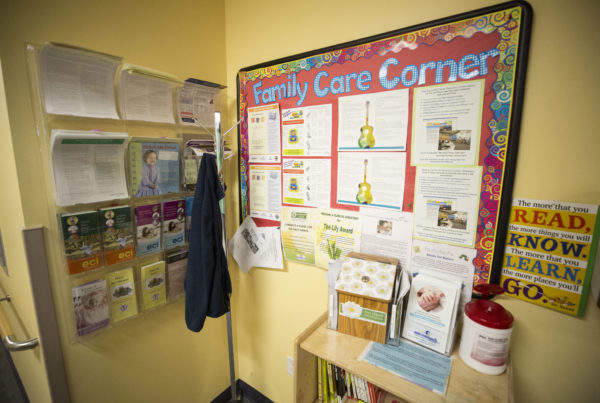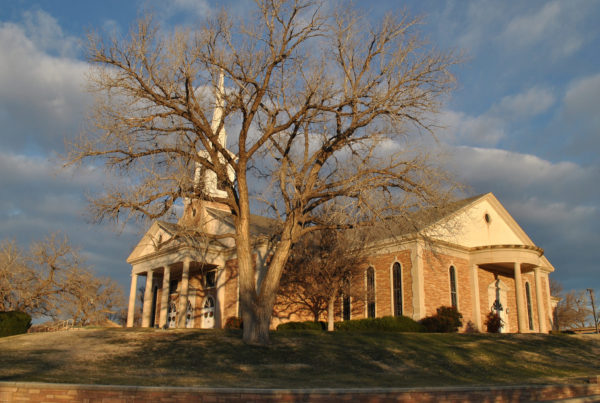The Standard’s news roundup gives you a quick hit of interesting, sometimes irreverent, and breaking news stories from all over the state.
A Mexican journalist held in an El Paso immigrant detention facility may have the opportunity to remain in the United States.
Emilio Gutierrez has been seeking asylum in the US for almost 10 years. He says he faces death threats after reporting on cartels and military corruption in Mexico. Earlier this year his request for asylum was denied. And this month, immigration officials nearly deported Gutierrez. But Wednesday his lawyer received a letter from the Board of Immigration Appeals, part of the U.S. Department of Justice.
Attorney Eduardo Beckett explains the Board has agreed to re-open the case involving Gutierrez and his request for asylum.
“Now he cannot be deported legally, the automatic stays of removal are in place and he has the opportunity to convince the board that he should be granted asylum, so very, very good news,” says Beckett.
He adds that he will also see if Gutierrez can be released from detention while his case is being appealed.
Research out this month finds that the integrity of state supreme courts is increasingly threatened by money from special interest groups.
Alicia Bannon is with the Brennan Center for Justice at New York University and one of the authors of this report. She says Texas was one of the first states to see the trend of high cost, politicized judicial races back in the 1980s.
“Texas in some ways was the canary in the coal mine and then since then we’ve seen a number of other states follow that pattern,” she says.
38 states hold elections for seats on their state supreme courts and Bannon says more troubling trends were apparent in the most recent election cycle from 2015 to 2016.
“So among other things we saw a record amount of spending coming from outside groups, so groups spending independently of candidates, and most of that money was dark or non-transparent,” she says.
That means there is no information about who is actually donating that money. Another trend Bannon saw is that these elections are getting more expensive.
“There were 27 states that had million dollars races this year,” she says. “Texas was one of them. And that was a record. The previous high was 19 back in the 2007-2008 election cycle.”
Of course elections are expensive, but Bannon says this could be a problem in judicial races.
“And so what it suggests is that all around the country there are judges and courts that are essentially having to look behind their shoulders when they’re hearing cases because they may be facing really expensive and often acrimonious elections on the other side,” she says.
Bannon says some signs of this are that state supreme court judges sentence more harshly during election years and are more likely to side with business interests who contributed to their campaigns. Bannon adds those kinds of correlations disappear when a judge isn’t facing re-election.
Almost 200 infants in Texas were delivered by mothers with evidence of Zika since the start of 2016.
That’s according to a report from the Texas Department of State Health Services. Of those — about 8 percent had Zika-associated birth defects. All but two of the mothers caught the virus while traveling abroad.















